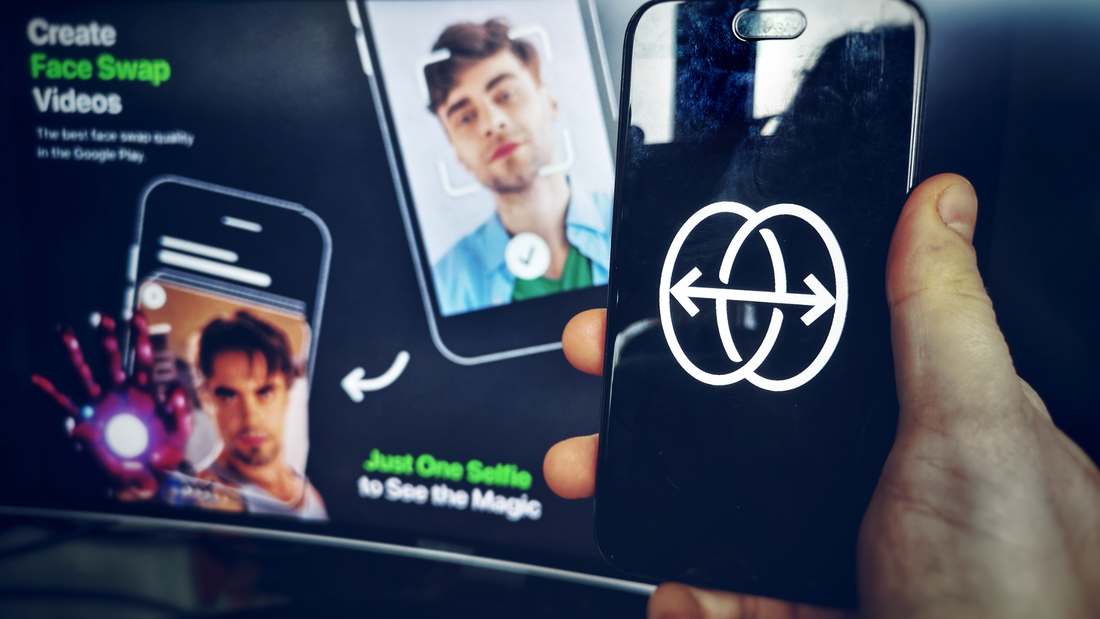|
Noted fraudster former Rep. George Santos made headlines last week when he sued television personality Jimmy Kimmel for – what else? – fraud after Kimmel broadcasted a series of 14 personalized Cameo videos he requested from the disgraced former congressman. It “may be the most preposterous lawsuit of all time,” said Kimmel. Yet, ironically, Santos’ former colleagues in Congress could soon be the ones to legitimize Santos’ claims.
Santos, expelled from Congress for a range of misdeeds including stealing from campaign donors and money laundering, is perhaps as ripe a target for satire as can be found in our astonishingly silly and self-centered era. Santos, days after being removed from the U.S. House of Representatives joined Cameo, a video service where B-list celebrities record personalized messages for a few hundred bucks a pop ($500 in Santos’ case), providing catnip for comedians. The No AI FRAUD Act now under consideration in Congress could make comedy a crime, or at least a tort. To be fair, the bill does address a real concern: it is intended to protect “Americans’ individual right to their likeness and voice,” providing actors, celebrities, and others the means to safeguard their image. But it is overbroad in addressing the pitfalls of artificial intelligence, an issue that has captured the minds – and anxieties – of lawmakers across the country. This bill would create a federal right to a digital “replica” akin to a right of publicity, recognized under many state laws. It would allow a plaintiff to sue for commercial misappropriation of one’s likeness or voice. As written, the bill would “restrict a range of content wide enough to ensnare parody videos, comedic impressions, political cartoons, and much more” (H/T Reason). Sponsors, Reps. María Elvira Salazar (R-Fla.) and Madeleine Dean (D-Pa.), are right to be concerned about AI-generated fakes and forgeries, as we saw in the recent AI fake of President Biden’s voice during the New Hampshire primary. But their bill is overbroad, capturing all manner of media representations currently protected by the First Amendment. Specifically, it prohibits any “replica, imitation, or approximation of the likeness of an individual that is created or altered in whole or part using digital technology.” That means an “actual or simulated image … regardless of the means of creation, that is readily identifiable as the individual.” Read this again – any imitation of an individual created by digital technology. Such a law could cover photos, recordings, parodies – even political cartoons. To quote Reason’s Elizabeth Nolan Brown, “if it involved recording or portraying a human, it’s probably covered.” A host of organizations have spoken out on the “No AI FRAUD Act,” including the Motion Picture Association, which argues that the creation of a digital “replica” right would “constitute a content-based restriction on speech.” As the Motion Picture Association wrote in a letter to Congress, “the government has no compelling interest in restricting creative depictions of public figures (including performers) in stories about them or the world they inhabit.” Congress should find ways to protect actors from having their image and career exploited without permission. This can be done without the chilling effects on artistic forms of expression, especially comedy and commentary. Doing so will require a nuanced and well-articulated bill. As it stands, the bill’s prohibitions are decidedly not funny. They could encompass sketch comedy, impressions, cartoons depicting real-life persona, or depictions of historical figures. As the Electronic Frontier Foundation wrote, “there’s not much that wouldn’t fall into [the category of prohibitions]—from pictures of your kid, to recordings of political events, to docudramas, parodies, political cartoons, and more. If it involved recording or portraying a human, it’s probably covered.” We need a sewing needle – not a hammer – to develop nuanced AI prohibitions that are consistent with the First Amendment. A bill that reads like it originated from a ChatGPT query doesn’t cut it. Comments are closed.
|
Archives
June 2024
Categories
All
|
ABOUT |
ISSUES |
TAKE ACTION |



 RSS Feed
RSS Feed